After the extremely successful dystopian series loved by millions, Suzanne Collins has announced the latest novel of The Hunger Games titled “Sunrise on the Reaping” which is set to release next year. The book will feature the backstory of Haymitch, a beloved character by many fans. But, why is this series so captivating in the first place? With the upcoming novel releasing soon, it is significant to understand why this storyline is so crucial in the first place.
The original trilogy follows the story of a teenage girl named Katniss Everdeen who lives in the nation of Panem, a place that was built from the ruins of North America and is run by a corrupt government. Panem consists of 12 districts and is run by the Capitol under President Snow’s ruling. Annually, an event called “the reaping” occurs where two tributes are chosen from each district to fight in an arena until only one remains as the entire nation watches in anticipation of the next victor. Katniss Everdeen and Peeta Mellark were the reaped tributes from district 12 who fought in the 75th hunger games and underwent a chain of tragic events throughout the series as they seeked justice for themselves and the citizens of Panem.
The most recent novel and film of The Hunger Games series was The Ballad of The Songbirds and Snakes which featured the backstory of President Snow, the antagonist from the original trilogy. It followed the events that occurred during the 10th Hunger Games and how Coriolanus Snow acted as a mentor to Lucy Gray Baird, one of the reaped tributes from district 12. The backstory reveals more insight about the hunger games and includes foreshadows of events from the first novel.
The Hunger Games, although being classified as fiction, shares internal messages through its use of themes and symbolism which reflect on issues that are very nonfiction. Despite the main reasons as to why this series became a hit dystopian classic to a diverse age range being due to its apocalyptic romance and fascinating plotline, the story touches on way more than just that.
The Hunger Games conveys current issues in today’s world, including but not limited to; corrupt governments, the contrast between wealth and poverty and dangers of the media.

1. Corrupt Governments
Throughout The Hunger Games, the Capitol regime abuses their power to induce fear and exploit the citizens of Panem through the use of propaganda and violence. The Capitol controls all aspects of Panem, including; who participates in the games, freedom of speech and the dreadful consequences those face if any rules are disobeyed. The government exploits the districts by stealing their resources and forcing children to murder each other only for their convenience and entertainment. A reason as to why the hunger games takes place is to threaten and remind citizens just how substantial the power of the capitol is so they obey and remove any ideas of rebellion.
Although all this sounds extremely outrageous, this is unfortunately terrifyingly similar to what people in many countries experience daily. Many third world/developing countries are controlled by governments who constantly misuse their political power in order to intimidate their citizens and enforce inhumane laws which have detrimental consequences. These countries usually have rigged elections and a lack of democracy, which leaves limited to no options for citizens to achieve freedom or just simply leave. The force of violence and even execution is utilized, making it extremely dangerous to even attempt to rebel. The Hunger Games portrays an authentic representation of the desire for authority that many governments today possess and the impacts it has on the citizens.

2. Contrast between wealth and poverty
In The Hunger Games, those residing in the Capitol are significantly more privileged and financially stable compared to those in the districts, with many Capitol citizens even living in a state of luxury. However, all the districts are in poverty and have limited opportunities in terms of education, food, shelter and much more. Those in the Capitol tend to be supportive of the government’s ruling since it benefits them and they do not have to actively participate in the hunger games. The Hunger Games is broadcasted nationwide as a form of propaganda but fear is only felt by individuals the districts whereas those in the Capitol endorse it and treat it as a celebration. Those fighting in the hunger games are not treated as human, but rather like objects that are being bet on.
The polarity between the wealthy and poor in The Hunger Games demonstrates how different classes of people clash in society along with the injustices that are present towards the disadvantaged. In every country, there will always be conflict between people being treated differently and being given varying opportunities depending on their financial circumstances. This does not only include things such as an education or jobs, but also basic human needs required for survival such as food and water. In our society, those who do not have the financial means to support themselves are often looked down on and seen as “invisible” to those who are wealthy. The Hunger Games communicates how those who are more privileged oftentimes have a lack of sympathy towards marginalized groups despite having the option to support them.
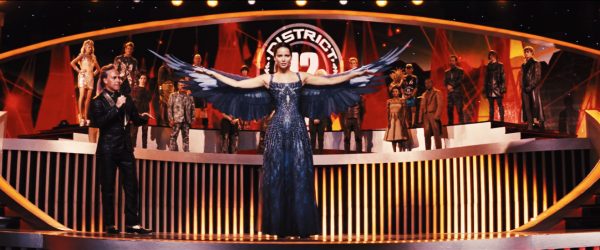
3. Dangers of the media
The Hunger Games is the largest form of propaganda used by the Capitol to instill fear in the citizens of Panem and serve as a reminder of their immense power. The games are advertised as a day of commemoration and honours the nation despite its dark nature with the event being a bloodbath full of innocent children. Prior to the actual games, the tributes go through a series of interviews and are showcased in similar ways as current day celebrities are. They are seen wearing ridiculous clothing, put on personas in hopes of gaining sponsors to help them during the games and put on various performances.
This represents how today’s media is slowly transitioning into obscure forms of unrealism. The rise of social media, especially within younger age groups, creates the risk of misinformation and covered lies becoming more widespread. It creates a pressure to be like those displayed on various forms of media although everything showcased is not necessarily the truth. This also conveys the reality of propaganda and how factuality can be masked effortlessly by just adding a few components to sugercoat information. Many events and world issues in today’s media are constantly being hidden and instead being presented with inaccurate details. The Hunger Games informs its audience how important it is to thoroughly learn and see beyond what is shown to truly understand what is happening.




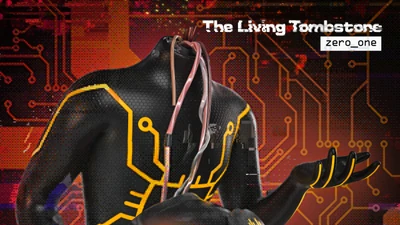




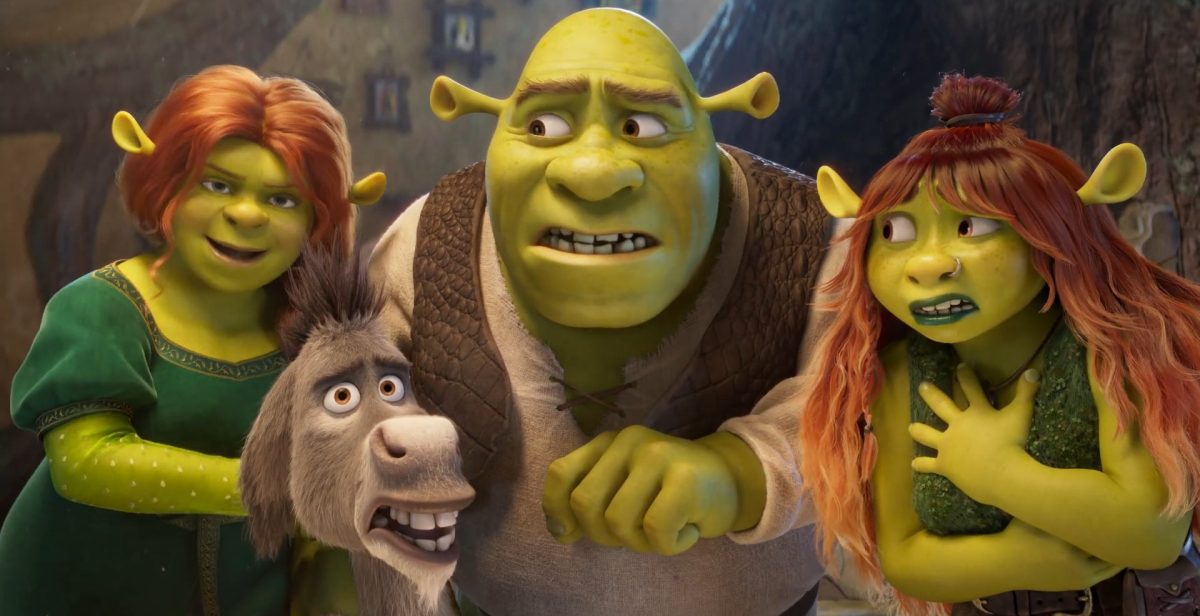

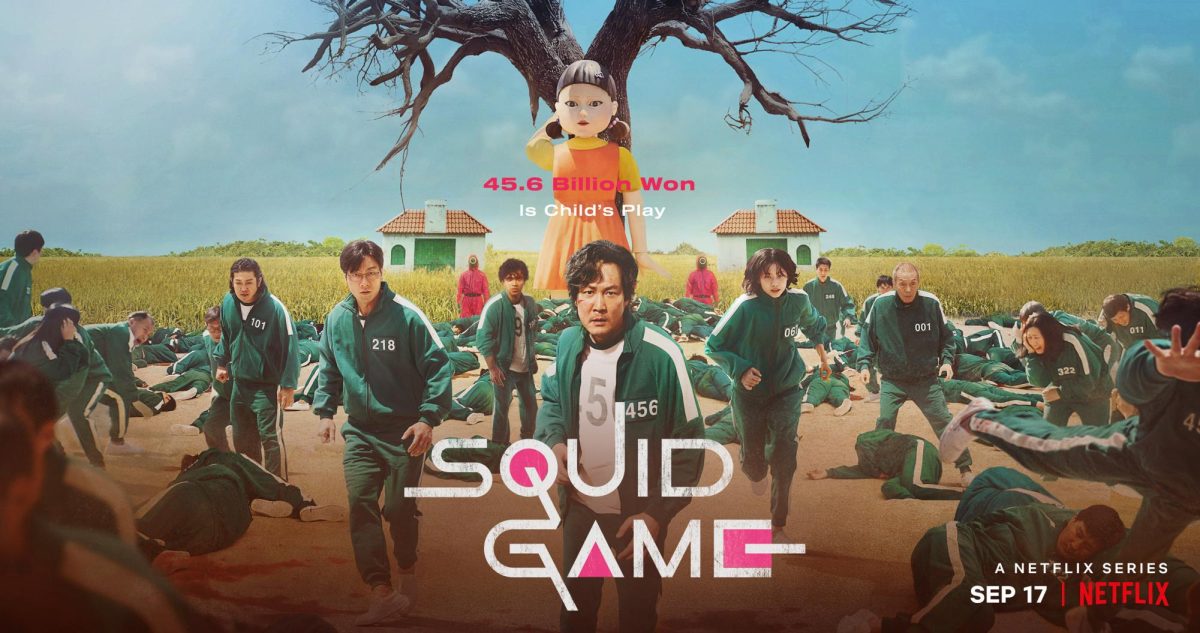



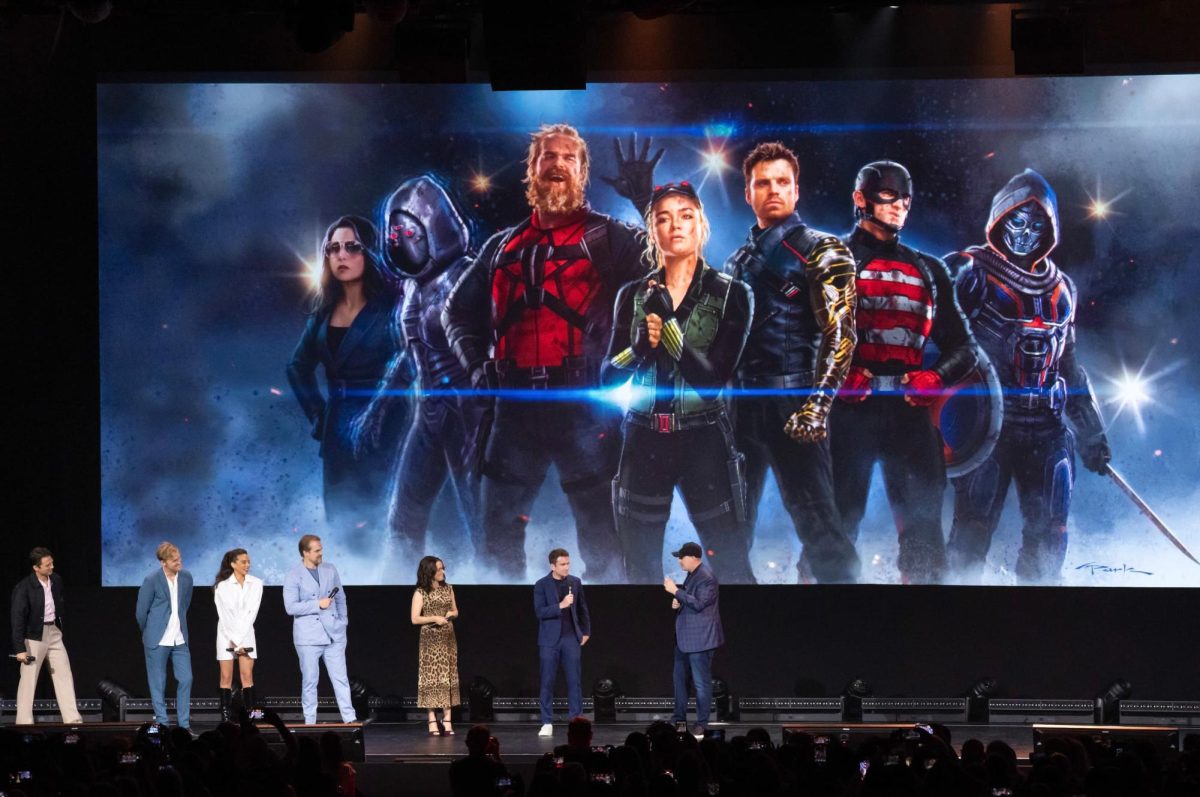



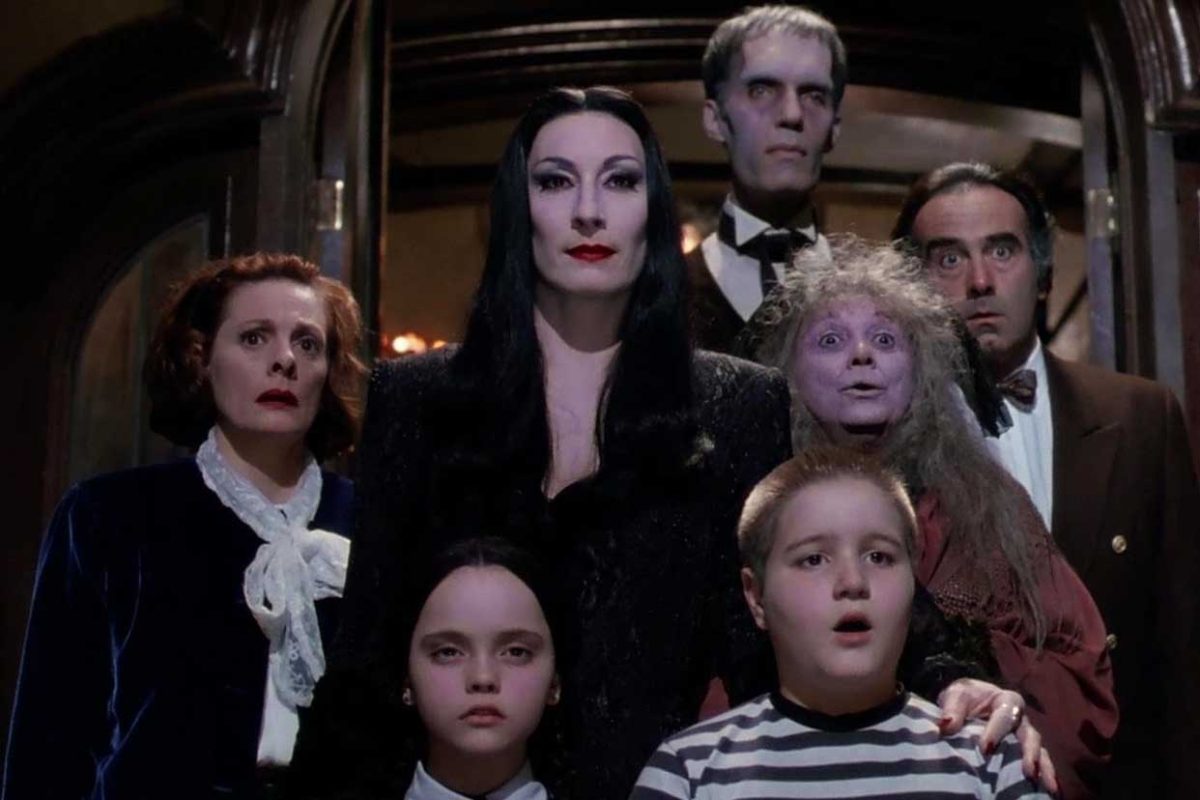
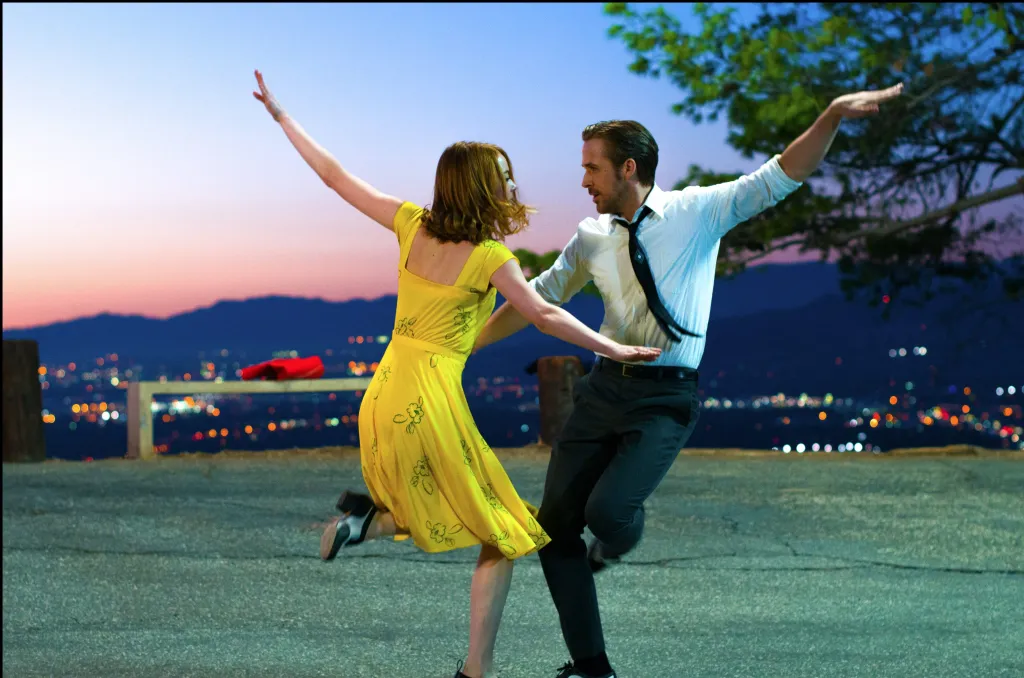
Aleesha Manzar Qureshi • Nov 29, 2024 at 7:14 pm
this is so fire dog. ur so right this is so frrrrrrrrrrr